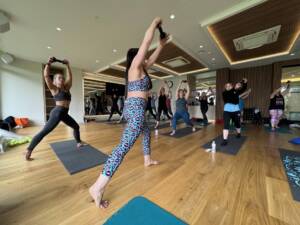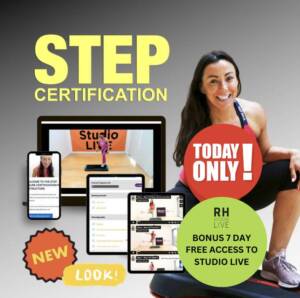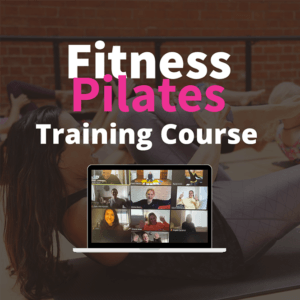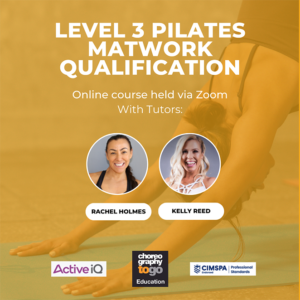
Do you need business help and training?
I am launching a special Business Training 121 package for only 5 Instructors. My Supporters and FBA business training memberships are now closed but you can access both of these phenomenal resources plus a monthly 121 personal business in this new package.












